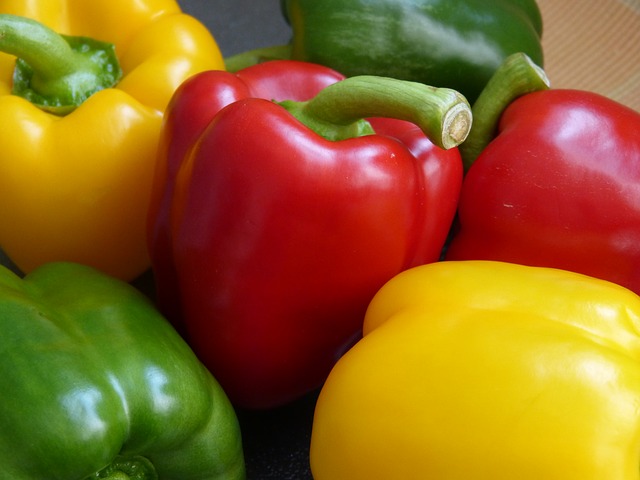Tips for alleviating arthritis this autumn
One in five of the adult population is living with arthritis in the UK and as the weather turns colder, symptoms of the disease can worsen. We’ve put together some top tips to coincide with National Arthritis Week (12th-19th October) to help keep your loved one comfortable this season.
Arthritis Research UK will launch National Arthritis Week 2014 this October to coincide with World Arthritis Day (12th October). The week aims to raise awareness of over 10 million people living with arthritis, and other rheumatic and musculoskeletal diseases (RMDs) across the country. The week hopes to inform the medical community, and the general public, about RMDs to improve care and ensure all sufferers and their caregivers are aware of the vast support network available to them.
Key symptoms of arthritis include:
- Joint pain, tenderness and stiffness
- Inflammation in and around the joints
- Restricted movement of the joints
- Warm, red skin over the affected joint
- Weakness and muscle wasting
Carrying out simple everyday tasks from walking to preparing meals can be incredibly difficult for older people living with arthritis. For an older person who was once active, these limitations can result in feelings of depression and anxiety. While there is no cure, there are many coping strategies for managing arthritis and accompanying conditions. We’ve pulled together some top tips on nutrition, joint care, and exercises to help you care for your loved one this autumn.
- Exercise: carrying extra weight creates additional stress and pain on joints that are already inflamed with arthritis so it’s important to maintain a healthy weight. Your loved one might not feel like exercising if they’re in pain but regular movement will reduce stiffness, increase muscle strength, and improve their range of movement.
- Nutrition: it’s important to maintai
n a health balanced diet as too much weight places excess pressure on the joints in your hips, knees, ankles and feet, leading to increased pain and mobility problems. Certain foods have been shown to reduce inflammation associated with arthritis as well as help maintain a healthy weight: - Fish, at least twice a week, can reduce joint swelling, pain, and stiffness.
- Nuts and seeds, loaded with inflammation-fighting monounsaturated fat, and fruits and vegetables, especially dark, leafy green vegetables that are high in antioxidants, also reduce arthritis symptoms.
- Vitamins A, C, D, E, K, and the B vitamins are also beneficial for reducing flare-ups.
- Manage stress: stress triggers the release of chemicals such as cortisol in the brain that can trigger flare-ups and increase the chances that the sufferer will develop other chronic conditions such as heart disease, anxiety, and depression. Staying active, doing deep breathing exercises, and practicing meditation can help reduce stress and thereby reduce pain and inflammation and the risks of developing other conditions.
Get help with daily activities from Comfort Keepers
Older people with arthritis and other chronic conditions often discover that in spite of their best efforts, they may need additional help managing daily activities. Our care workers can help these seniors accomplish daily tasks and can keep the family informed if any changes occur. We can assist clients with exercise, light housekeeping, grooming, bathing, and more. They can also help and encourage the client to appropriately use prescribed mobility devices such as walkers, canes, and braces.
Often older people with arthritic conditions suffer from under-nutrition or malnutrition. Many find the simple task of meal preparation difficult and painful and often stop eating or eat out-of-the-box, unhealthy processed foods. Our care workers can help your loved one through meal planning and preparation to ensure their nutritional requirements are met, and work with their medical professional when necessary. You can find out more about Prestige Nursing & Care’s approach to nutrition here.

